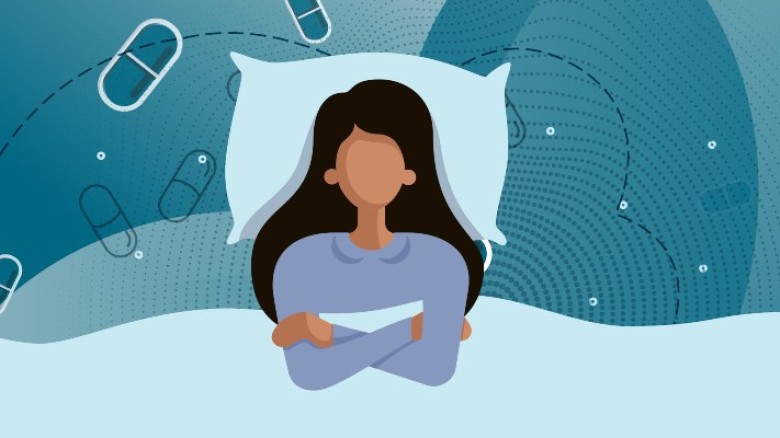According to a new study, insomnia can increase the risk of cardiovascular illnesses, or CVDs.
Digital Desk: One of the strongest and dangerous reason on increasing rate of Cardiovascular is Insomnia as it can heighten the risk of cardiovascular diseases or CVDs by 16 per cent. Just over 1,000 people with an average age of 62 had all experienced a
heart attack or procedure to open blocked arteries in the past (average of) 16 months.
One of the factor which helps reducing this risk is Sleep, "It relaxes both our bodies and our minds." When we sleep, our blood pressure drops by around 10% compared to when we are up, a phenomenon known as nocturnal deep slumber. However, a lack of sleep does not allow blood pressure to drop, which is linked to an increased risk of cardiovascular disease.
Now, if you ask what exactly is Insomnia and how does it affect our daily lives, then moving further we will get the answers from Dr. Praveen Kulkarni, senior cardiologist at Global Hospitals Parel in Mumbai.
Dr. Kulkarni explained that Insomnia is defined as the difficulty to fall asleep, stay asleep, or wake up early in the morning, "Insomnia is becoming more common as a result of today's lifestyle. Frequent waking or inability to sleep produces changes in blood pressure and heart rate responses in the body, as well as hormone abnormalities. Indirectly, such people become physically sedentary and change their food habits, both of which contribute to hypertension, the most frequent cardiovascular illness. They have a two-to-three-fold increased risk of developing heart disease and problems. They're more prone to get diabetes, have a stroke, and gain weight," he said.
"Broadly, it is the ensuing stress reaction to bad lifestyle patterns," Dr. Kulkarni explained, despite the fact that there are no obvious explanations why insomnia impacts heart health.
What needs to be done for prevention from Insomnia?
- Maintain good sleeping habits.
- Before going to bed, limit your time on screen.
- It is important to go to bed and wake up early.
- Daytime naps should be avoided.
- Caffeine and alcohol should be avoided closer to bedtime.
- Regular exercise is required.
Regarding the further studies, "If these methods fail, a doctor may prescribe cognitive behavioural therapy (CBT), medicines, or a combination of the two to help with relaxation and sleep. CBT is often suggested as the first line of treatment for persons with insomnia because it can help them manage or remove negative thoughts and activities that keep them awake.
Live a happy life, with the aforesaid prevention, choose you daily lifestyle cautiously, it will benefit you in tackling such risky disease.

Leave A Comment